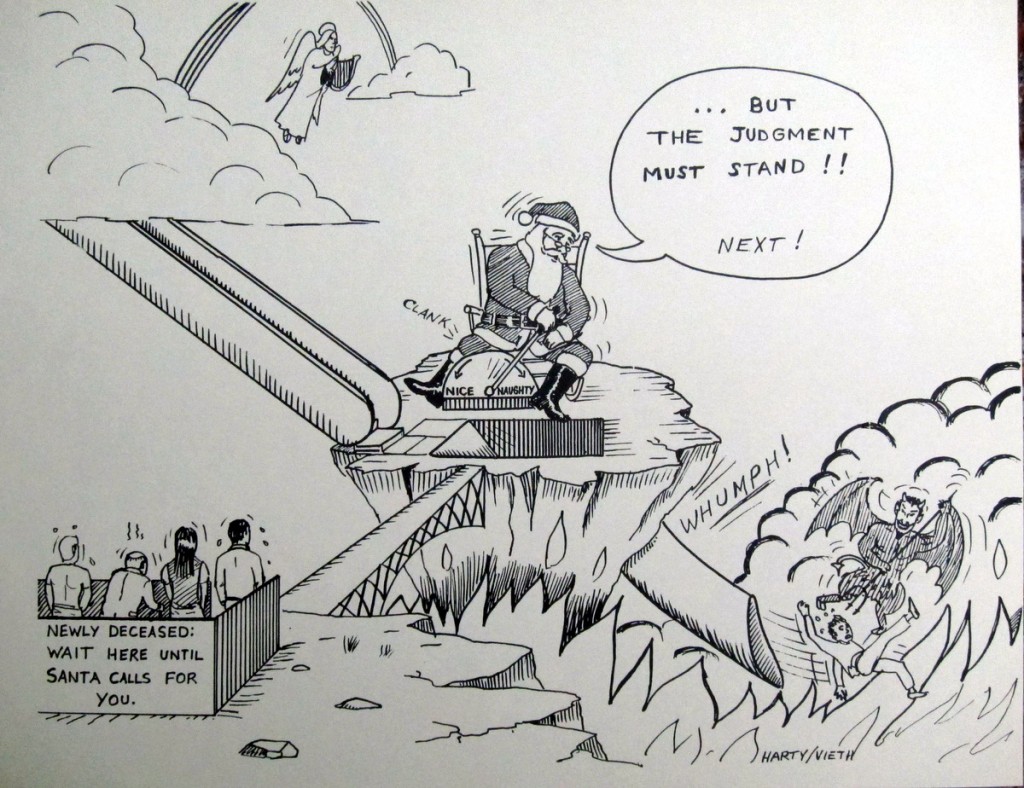Paul Kurtz discusses the nomenclature of disbelief
I've previously written about the works of Paul Kurtz. I've long admired his Neo-Humanist Statement of Secular Principles. I also agree with his concerns about "fundamentalist atheists." In fact, it was his position on "fundamentalist atheism" that likely gave rose to his contentious departure from the Center for Inquiry. More recently, Kurtz has made the argument that atheists, agnostics and other disbelievers would be best served characterizing themselves as "skeptics" rather than as atheists, agnostics or non-believers.
I would like to introduce another term into the equation, a description of the religious “unbeliever” that is more appropriate. One may simply say, “I am a skeptic.” This is a classical philosophical position, yet I submit that it is still relevant today, for many people are deeply skeptical about religious claims. Skepticism is widely employed in the sciences. Skeptics doubt theories or hypotheses unless they are able to verify them on adequate evidential grounds. The same is true among skeptical inquirers into religion. The skeptic in religion is not dogmatic, nor does he or she reject religious claims a priori; here or she is simply unable to accept the case for God unless it is supported by adequate evidence.Kurtz lists additional reasons for the use of the term "skeptic."
[S]kepticism based on scientific inquiry leaves room for a naturalistic account of the universe. It can also recommend alternative secular and humanist forms of moral conduct. Accordingly, one can simply affirm, when asked if he or she believes in God, “No, I do not; I am a skeptic,” and one may add, “I believe in doing good!”



 The 2012 Missouri primary had several important lessons to impart. The first, which I may have discussed in previous election years, is that the way to bring the "correct" voters to the polls is to have an apparently innocuous but important candidate or issue and a loud, contentious issue or candidate that only seems to matter to one side.
In this primary cycle, there was a preponderance of hotly contested Republican seats, and a very dangerous, never advertised Tea Party constitutional amendment. Republicans came out to vote overwhelmingly, and the Amendment passed resoundingly.
The full body of the amendment is at the bottom of this article.
Basically on the ballot it read as if it was just reinforcing the first clause of the first amendment to the U.S. Constitution.
The 2012 Missouri primary had several important lessons to impart. The first, which I may have discussed in previous election years, is that the way to bring the "correct" voters to the polls is to have an apparently innocuous but important candidate or issue and a loud, contentious issue or candidate that only seems to matter to one side.
In this primary cycle, there was a preponderance of hotly contested Republican seats, and a very dangerous, never advertised Tea Party constitutional amendment. Republicans came out to vote overwhelmingly, and the Amendment passed resoundingly.
The full body of the amendment is at the bottom of this article.
Basically on the ballot it read as if it was just reinforcing the first clause of the first amendment to the U.S. Constitution.